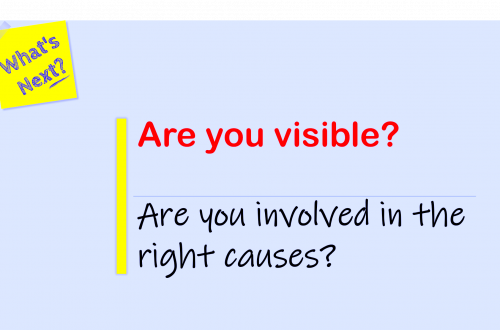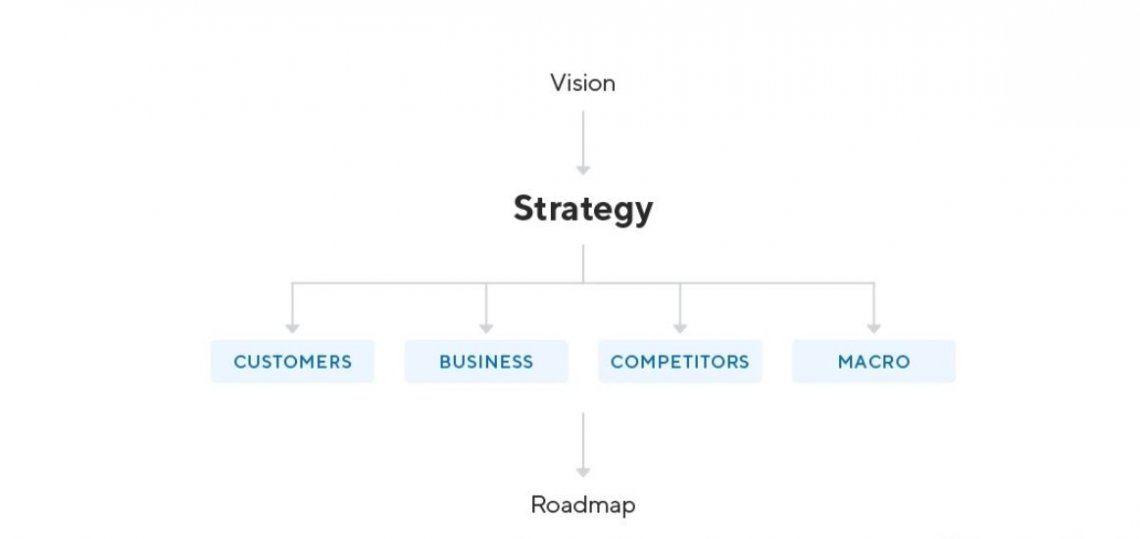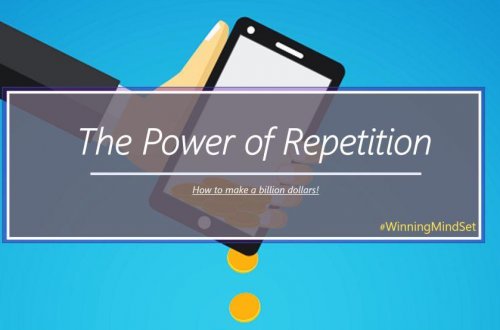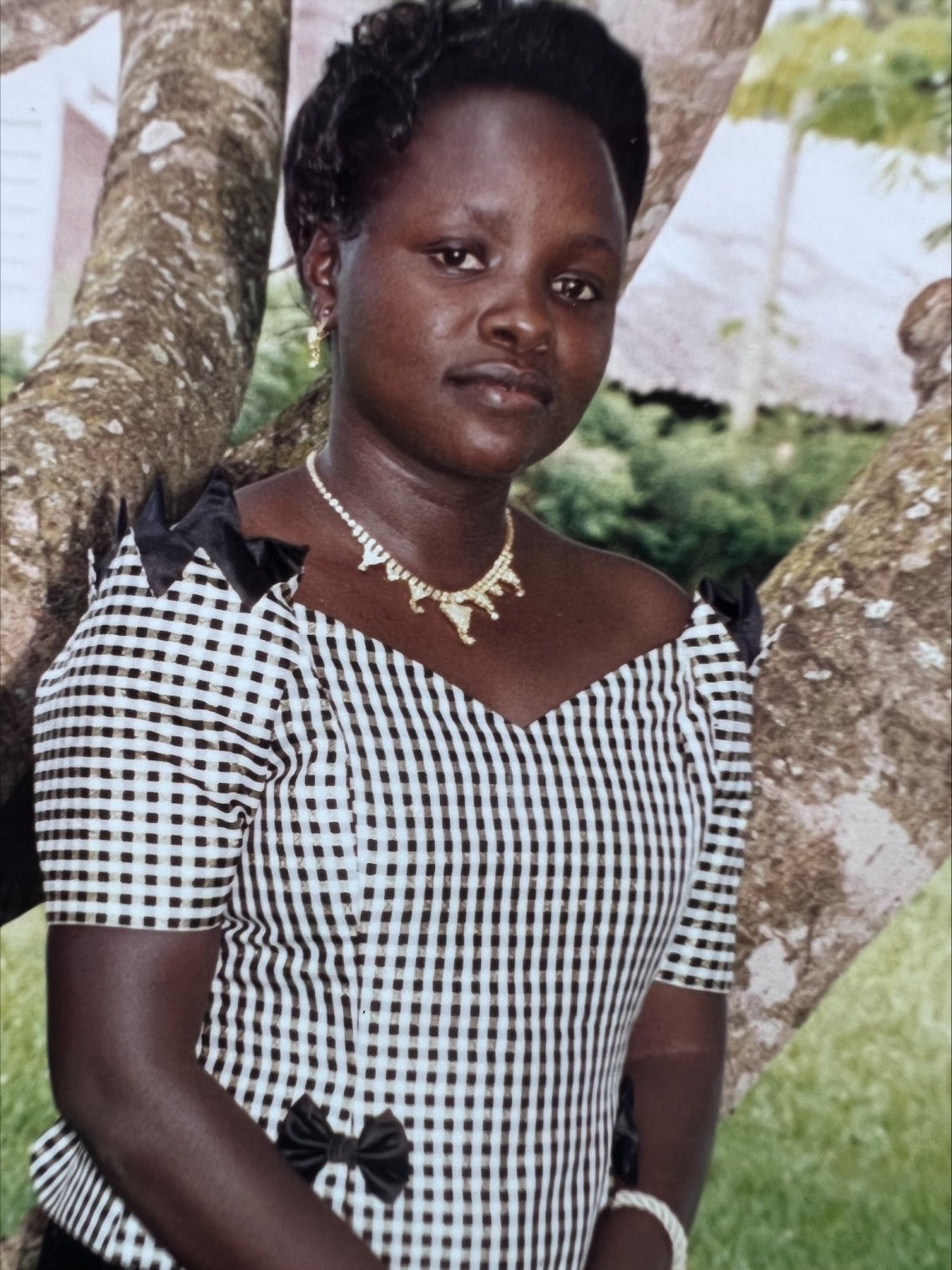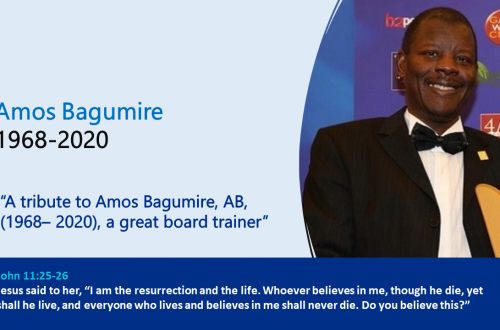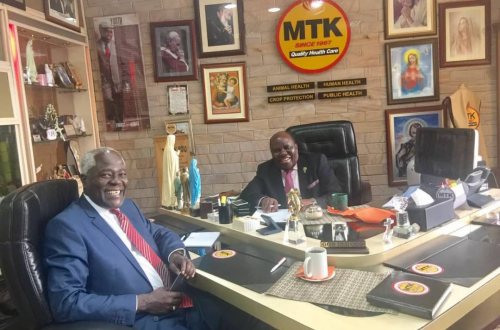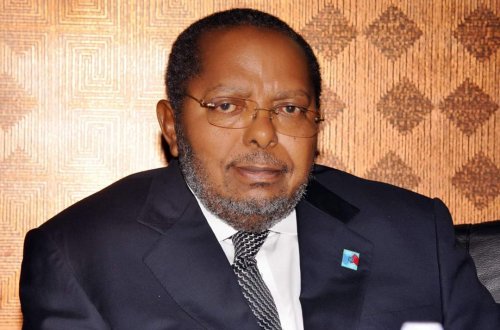Are Kenyans more hardworking than Ugandans? There is perceived exceptional work ethic Kenyans display over Ugandans, or any other nationality of the region for that matter, may be attributed to certain questions of economic, social, and historical contexts. Three such scenarios that justify the labelling of Kenyans as being hardworking compared to their fellow East Africans are: The performance is somehow average to be the leading within the East African region. Kenya ensures her economy is pegged on the following sectors; agriculture, manufacturing industries, offering services and lastly technology. With such an economic diversity, it for sure calls for a…
Request for participation in the Association of Certified Fraud Examiners (ACFE) Africa Year-End Networking Event on 16th November 2023 at Speke Resort Hotel, Munyonyo
Greetings from the Association of Certified Fraud Examiners, Uganda Chapter (ACFE Uganda Chapter). At the ACFE Africa Chapter Leaders meeting held on 17th May 2023 in South Africa, the ACFE Uganda Chapter was selected to host the ACFE Africa Year-End Networking Event which is scheduled to take place on 16th November 2023 with the theme: “Managing Fraud Risks through Collaborations.” This prestigious event will coincide with the Annual International Fraud Awareness Week that runs from 12th to 18th November 2023. As you may be aware, public and private sectors alike continue to suffer the negative effects of fraud and corruption…
What does product strategy entail?
Every business needs a product strategy. Before you define a product strategy, you must start with the customer. Who is your target customer and what does exceeding their expectations look like? You want to understand the needs of the customer today; in the medium term and long term, so that you examine products and services that meet the need. This means you must be data savvy. You must conduct business intelligence as part of your strategy to identify the market dynamics and customer behaviours to craft products that meet emerging needs proactively. That said, in business, there is a golden…
The future of ACFE, Uganda Chapter, 2023 & beyond
Dear Reader, ACFE, Uganda Chapter 2027 strategy is built around three pillars: Proactive membership engagement and management – to leverage the power of together as one. Strong partnerships with the private sector and government, CFE brand visibility through events, training and publishing to optimize the power of strategic partnerships. Sustainable operations (ESG) and good chapter management through transparent reporting, to leverage the power of purpose. Each of the above pillars has clearly stated targets aligned to the balanced scorecard. We will prioritize the use of technology, member mobilization and social networks to promote the CFE to make it the qualification…
Mrs. Winnie Tumuboine Kwesigomwe, A Life Well Lived
The family of Mr George Kwesigomwe of Kabale Ruhunga Buhiimba, Kikuube District with deep sorrow announce the death of their beloved wife, Mrs Winnie Tumuboine Kwesigomwe Which occurred on 24th October 2022 at Le Memorial Hospital Requiem Mass will be on 25th October 2022 at All Saints Town Church Hoima at 1pm, thereafter Vigil at home, Kabale Ruhunga Buhiimba Kikuube District On Wednesday 26th October 2022, there will be a funeral service starting at 11 am. Thereafter, Burial will take place. The late is a big sister to my wife, Mugisa Audrey. At the time of her death, Winnie was…
Tool 82 of 104 is always express your gratitude
#Mindspark with Mr Strategy “This made Jesus say, ‘Were not all ten made clean? The other nine, where are they? It seems that no one has come back to give praise to God, except this foreigner.’” The times we are living are not easy. Each one of you reading this must be thankful for being alive. I am happy that you make time to come to Church to thank God for the blessings of life and livelihood. But do you extend a helping hand to your less fortunate neighbours and or relatives?Each one of us is climbing a hill with…







